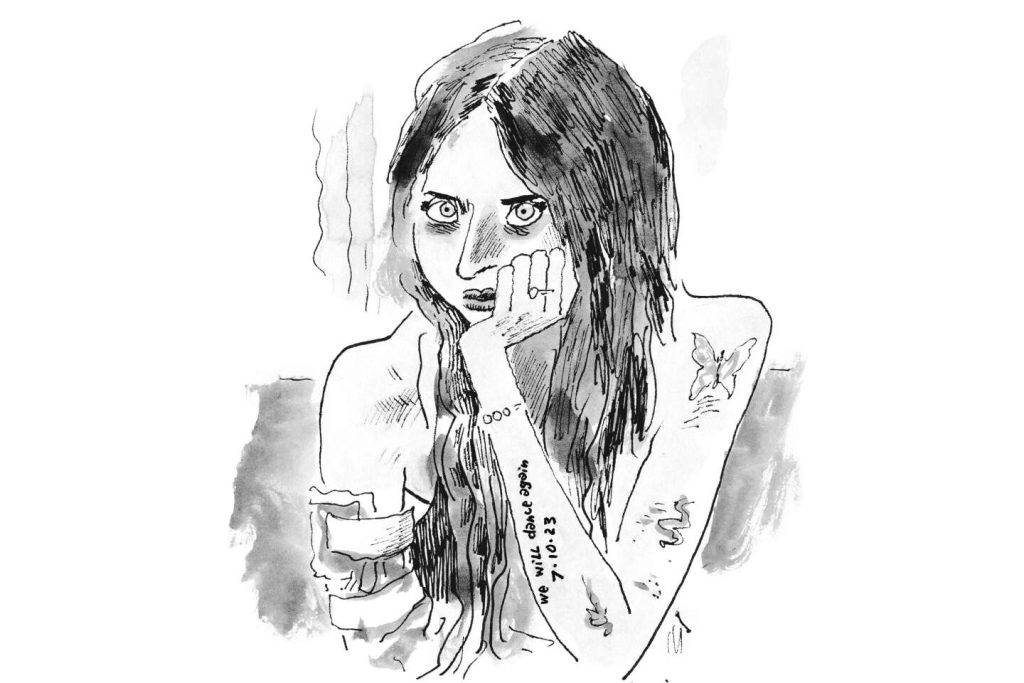Joann Sfar’s book “Nous vivrons. Enquête sur l’avenir des juifs” was born out of his distress and desire to understand following the attacks by Hamas. The title, which means “We will live” in English, comes from a necklace gift that he received for his 52nd birthday, bearing the Hebrew word for “life”. The book is a deep reflection on the future of Jews in the wake of these tragedies, blending personal anecdotes, reflections, and interviews conducted in France and Israel.
The first part of the book reads like a diary, where Sfar chronicles his thoughts and experiences in France after the massacres. He grapples with grief and engages in conversations both with the living and the spirits of his father and grandfather. As the narrative progresses, it transitions into an investigative format, with Sfar traveling to Israel to speak with a diverse range of individuals about their perspectives on the current situation and the future following the attacks on October 7th and the ensuing war against Hamas.
Throughout the book, Sfar interweaves commentary on the Israeli-Palestinian conflict, history, and the complexities of the region. The illustrations complement the text, providing a visual representation of the emotions, anxieties, and complexities of the individuals he encounters during his research. Despite the heavy subject matter, Sfar includes moments of humor and absurdity, adding a layer of depth to the narrative and capturing the range of human experiences in times of crisis.
When asked whether “Nous vivrons” was born out of the events of October 7th or the subsequent reactions to the massacre, Sfar reflects on the tragedy’s profound impact on the global discourse on the Middle East. He emphasizes the importance of documenting and portraying the perspectives of individuals affected by the conflict, especially as misinformation and noise surrounding the events threatened to distort the truth. For Sfar, the book represents a way to make sense of the present and contribute to the understanding of Jewish identity in contemporary Europe.
Overall, “Nous vivrons” is a poignant and thought-provoking exploration of the aftermath of the attacks by Hamas and their implications for the Jewish community. Sfar’s personal reflections, interviews, and illustrations offer a multi-faceted view of the complexities and challenges faced by individuals in the wake of tragedy. Through this work, Sfar invites readers to engage with the realities of conflict, memory, and hope for the future, leaving a lasting impact on how we perceive and understand the ongoing Israeli-Palestinian conflict from a personal and collective perspective.















